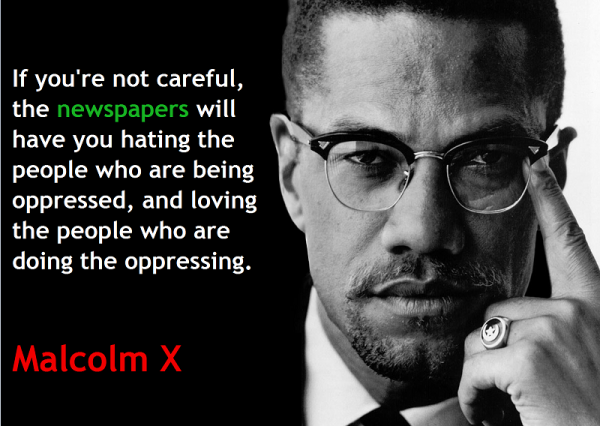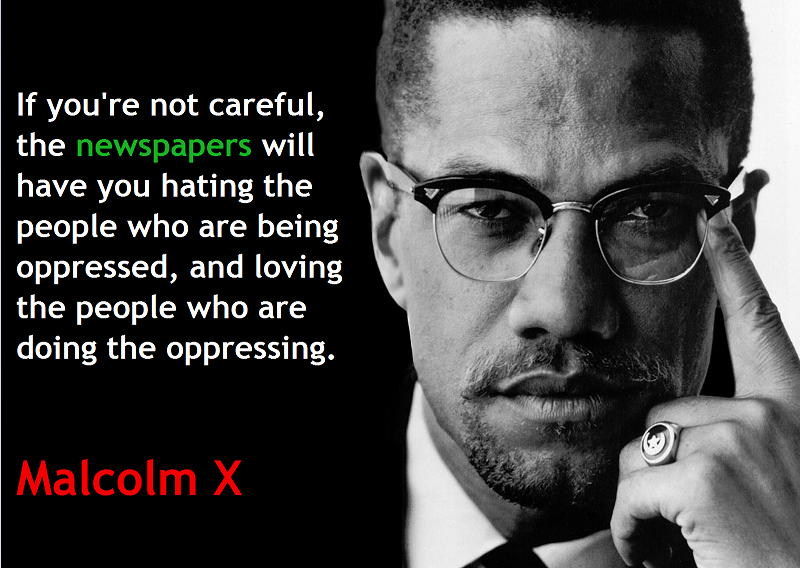
I sat down to dinner with a number of old mates from university-days a couple of weeks ago. We reminisced on being able to do all-nighters in the lead up to exams, mocked people about who they went out with and who they ended up with, pained over the ranging amounts still owed on student loans and the professions we found ourselves in today. Of the people around that dinner table, I was at university the longest – I took the longest time to complete my degree but also worked at the university once I had finished. One of the most engaging parts of the conversation for me was the number of people who had made deliberate decisions to move closer to the city. This sounded like a good idea because the 5-stage bus rides from Manurewa take a toll on you after the initial couple of years.
Interestingly, we talked about the decision to move closer to the city to either be in-zone for schools like Grammar, St Cuth’s and Epsom Girls. I couldn’t believe the kind of rent people were willing to pay for what they said would give their child “a better chance”. Those around me agreed that higher decile schools were better resourced, didn’t have the kind of “social ills” we were exposed to in south Auckland, assumed that kids at decile 8-10 schools had a greater chance of academic success and another even commented that the teachers were ‘better’. I sat there in absolute disbelief and alongside my wife commenced our work of slowly confronting their beliefs built on years of assimilationist knowledge widely accepted and promoted in NZ schools, media and common discourse. I can’t say how successful we were that night but am glad we had the chance to invite them to critically reflect on their decisions. I’ll let you know if we get invited to the next dinner.
In my Masters dissertation I wrote about what Brown-flight looked like in my school days. Back then our family succumbed to the words that my intermediate teacher told us saying that I was too bright for a high school in Otara. So like good, obedient Samoans we applied to a number of out of zone schools and to our astonishment I was accepted into Auckland Grammar. I only last a couple of weeks so my reality hit home fast. As we travelled home and reflected on dinner that night we concluded that this is what the contemporary version of brown flight looks like. That the upwardly mobile Pasifika person now has the ability to shift house and move their entire family into perceived opportunity by renting or buying in a high decile area of Auckland. Perhaps our schooling experiences were so painful that this is the way one can “choose” to avoid a repeat of those experiences? Or perhaps, we’ve accepted the idea that schools in south Auckland are ill-resourced so we act on the wealth of our own resources and move suburb? I’m not sure.
One of the key ideas I wrote about was the notion of choice. In my layperson interpretation of economics its suggested that consumers will make rational decisions in relation to the information they have before them. Butter or guns – supply and demand. It all sounds so straightforward, but it’s far from that. The choices that people from low decile communities are forced into making are more like school uniform this week and stationery next month – those are the realities. The new reality is that many of our people have been won to the idea that moving out and away from communities that we’ve traditionally lived in is the way to get ahead. Freire (1972) argues that after a while, the oppressed begin to mirror the attitudes and aspirations of the oppressor. At dinner that night I recognised the sad truth of his observation.






Excellent piece thanks for writing this.
That was eye-opening. Modern class warfare in NZ. Thanks Efeso.
Good to see someone else has read pedagogy of the oppressed. I’ve never read a book that explains oppression and the education system so well.
Excellent post thanks for these thoughts.
Charter schools anyone?
Yes please.
Fa’afetai Lava Efeso, nice piece. It gave me lots of food for thought. I do have one thing to note though, and it’s about differentiating between where PIs have “traditionally” lived in Auckland, as opposed to where we predominantly live at any one time. In a recent blog piece that I wrote about “Racism and Real-Estate” I pointed out to a young non-PI man that actually PIs have lived in Ponsonby and Grey Lynn for a long time, and still do (http://culturaldiplomacyblog.com/2013/11/13/reflections-on-racism-and-real-estate-following-an-evening-in-ponsonby/). With all due respect, I also think it’s important to remember that migration drivers, based on perceptions of what ‘better’ opportunities for our families are (and I’m not advocating for what they are or aren’t) have long been a part of our DNA, well before Freire or any other palagi theorist started analyzing why we do and don’t move…what I do think is important though, and your piece touches on this, is challenging hegemonic perceptions of what constitutes as a ‘better’ opportunity and who the ‘best’ teachers are. Happy to have a chat with you about this over coffee when I get back to NZ (and hope you don’t mind a PI sister chipping in here)
Comments are closed.